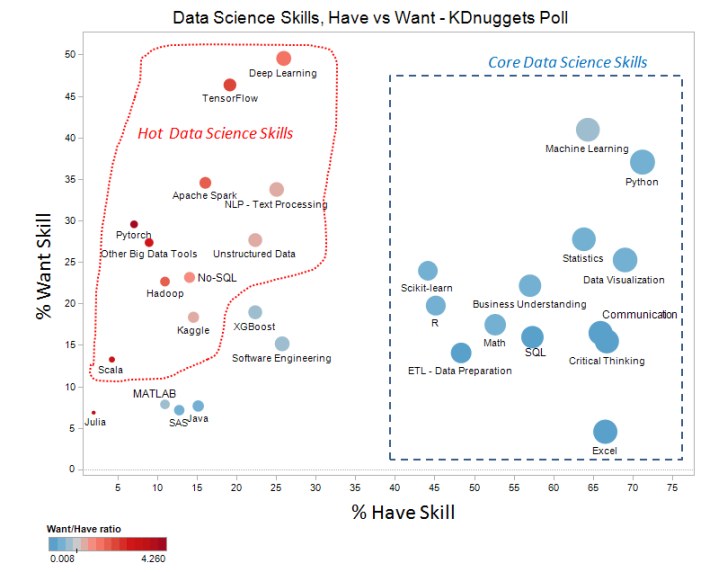The recent COVID-19 pandemic has meant that many workers in the UK have been put onto the ‘furlough’ scheme, which was recently announced by Chancellor Rishi Sunak. Furlough is a term that most people will not have heard of before the pandemic, but over the next few months, it is anticipated that many millions of workers will rely on the scheme.
What is furlough?
The furlough scheme was introduced by the UK Government as a way of supporting firms whose business has been hard-hit by the COVID-19 pandemic, preventing mass unemployment. When employees are furloughed, they are kept on the payroll of the company they work for, even though they can’t do their jobs, and the company can claim 80% of their wages from the Government (up to a maximum of £2500 per employee, per month, before tax).
What are furloughed workers?
Furloughed workers are those who have had to stop working, as employers cannot cover wages due to coronavirus affecting their business – but the employee is not made redundant. The Coronavirus Job Retention Scheme means that employers are now able to access support to continue paying 80% of their staff’s wages and avoiding redundancies.
Can I work if I have been furloughed?
No, you cannot do any work for your employer if you have been furloughed.
However, if you have been furloughed, we think this would be a great time to brush up on some of your big data skills. Not only will this make you better at your job when your furlough period is over and you can go back to work – but if the company you work for doesn’t make it through the COVID-19 pandemic, then you will have additional skills to place on your CV to make it look stronger.
What data skills are in demand?
So, how do you decide what data skills you need to learn? Well, if you don’t already have experience in the core skill, which is essentially Python, then this is a good place to start. You should look at Matplotlib, NumPy, Pandas and Sklearn.
After that, it is really about checking out which data science skills are core, and which are emerging. KDnuggets recently released a poll which was based on over 1500 votes – and the outcome of this poll is shown in the graph below:

According to this poll, the core data science skills include:
- Python
- Data Visualization
- Critical Thinking
- Excel
- Communications Skills
- Machine Learning
- Statistics
- SQL/Database Coding
- Business Understanding
- Math
- ETL – Data Preparation
- R
- Scikit-learn
The hot / emerging data science skills were:
- Pytorch
- Scala
- TensorFlow
- Apache Spark
- Hadoop
- Deep Learning
- No-SQL Databases
- NLP- Text Processing
- Kaggle
- Unstructured Data
There are a lot of different skill sets there – and you probably won’t have time to improve them all, so the best way to prioritize them is to look at the most wanted skills that few people have. So, the skills in the top left of the graph above. Learning more about skills that other data scientists don’t know as much about as they would want to, will give you a powerful advantage in the job market.
If we take a closer look at the KDnuggets poll graph, then we can break down the big data skills it would be ideal for you to learn while on furlough into the following areas:
- Big Data Tools – Hadoop is the most commonly used tool, but there are others out there
- Deep Learning – learn the theory behind this, and then learn how to implement it using either Pytorch or TensorFlow
- NLP (Natural Language Processing) – NLP knowledge is one of those things that will always be useful to those in the data science field, no matter how it is implemented
- Spark
It is not really up to us to tell you how to learn these skills – after all, only you know which way of learning suits you best. All we can do is advise you on the best framework for selecting what to learn – which we believe is learning what other people in your field don’t know.
If you are looking for your next big data role, then we may be able to help – take a look at our latest jobs. Or, if you are looking to fill a gap in your data science team, please get in touch with one of our expert consultants and we can help you to manage the process.




